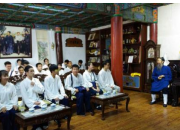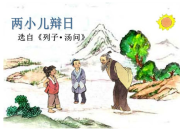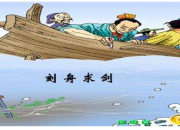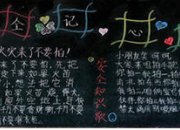谁是世界上最幸福的人双语散文(3)
时间:2021-08-31[8]冰岛大学社会学家索罗尔非·索林德森认为:冰岛人安命乐天的秘诀在于这个国家长期处于艰难困苦之中,而不在于它的舒适。这些艰难困苦教会了冰岛人“知足常乐”。
[9]Isolated『与外界隔绝的;孤立的』in the cold North Atlantic, buffeted『冲击;打击』by a hostile『敌对的;有敌意的』sea, condemned『责备;责怪』to 20 hours of darkness each day in winter, the people have for centuries lived on the vagaries『难以预测的情况』of the fish catch. “Our culture is colored『影响』by the harshness『严酷;艰苦』of nature,” says Thorlindsson. “That’s why Icelanders have a tolerant『宽容;容忍』attitude to the problems of life. They don’t expect the same sort of stability『安定;稳定』often expected in other nations.”
[9]冰岛位于寒冷的北大西洋,常年遭受着海水的无情冲击,冬天有20个小时是黑夜,人民世代以艰苦的捕鱼业为生。“我们的文化带着自然严酷的特色,”索林德森说,“这就是为什么冰岛人对生活中的问题宽容的原因。冰岛人并不像其他国家人民一样,希望得到常有的稳定。”
[10]And so it seems. Americans are considerably better off『更为富有/富裕』by material standards than ever before. Yet we seem less happy, less contented with our lot.
[10]与此相比,我们美国人今天的物质生活条件比以往任何时候都好,但是却没有以往的快乐和满足。
[11]Like Icelanders, Americans are individualists『个人主义者』. Where we seem to differ is in our sense of community『群体;团体』. Iceland, known as the land of “fire and ice,” is about living with opposing forces. It is one of the most active volcanic countries on earth, but has 4536 square miles of glacier—heat and cold, co-existing. No surprise them that its society can reconcile『使调和;使并存』another set of opposing forces: individualism and the needs of the community.











